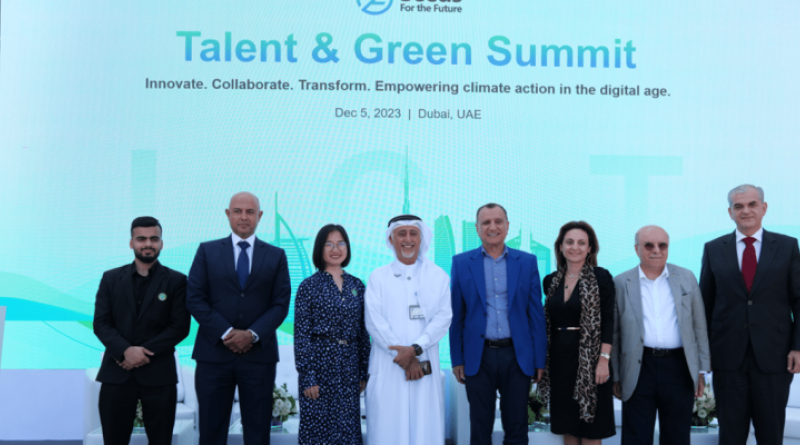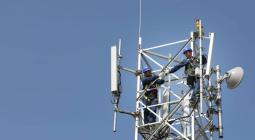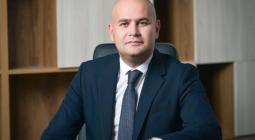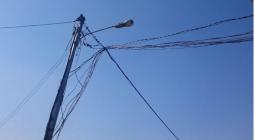Huawei Leads Africa’s Digital Education Transformation

At COP28, the day dedicated to education on 8 December provides a crucial opportunity to highlight the challenges facing education in Africa. In a continent where young people make up 77% of the population, the issue of education is of the utmost importance, especially as almost 60% of young people aged between 15 and 17 do not attend school. This reality, coupled with the devastating impact of climate change, calls for concrete and innovative responses. Faced with these challenges, players in the information and communication technology (ICT) sector are proposing innovative solutions. The Chinese giant Huawei is particularly prominent in this respect.
In Africa, the effects of climate change are not just environmental; they also have a direct impact on education. Energy disruptions, economic difficulties caused by climatic crises such as droughts, and problems of safe travel to schools are major obstacles to access to education. These factors not only hamper physical access to schools, but also affect the quality and equity of the education provided. Through its digital initiatives, Huawei is committed not only to improving access to education, but also to developing the digital skills of young Africans.
Indeed, as Vicky Zhang, Huawei’s Vice President in charge of Corporate Communications, pointed out at the Talent & Green Summit, held on 5 December in Dubai as part of the 28th COP: “The younger generations will be the ones to achieve sustainable development in the future. Huawei will continue to provide the necessary digital literacy training for young talents to help them unleash their creativity and passion. By harnessing the enormous potential of ICT, they can solve real-world problems and overcome any challenges they may face.” On this occasion, the Chinese company brought together 36 young talents from the “Seeds For The Future 2.0” programme, including six from the Huawei Northern Africa region. This initiative provides intensive, immersive training for ICT students from around the world. The presence of these young people at COP28 demonstrates the crucial importance of acquiring digital skills in the context of sustainable development.
This is a priority for Huawei on the African continent, where it has stepped up its initiatives in recent years. The ‘Technology-enabled Open Schools for All’ (TeOSS) project, in partnership with UNESCO, stands out for its ambition to build education systems that are resilient and adapted to crises such as the COVID-19 pandemic. Deployed in Ethiopia and Egypt, this project aims to ensure continuity in education by integrating technology into learning and training teachers and pupils in the use of digital tools. In Egypt, TeOSS has developed an ICT skills framework for teachers and students, focusing on the development of digital courseware. In Ethiopia, the initiative focuses on building ICT infrastructure to connect pilot schools, thereby training teachers and students.
In addition to TeOSS, Huawei also rolls out flagship projects each year such as the Huawei ICT Academy. This initiative aims to prepare African students for the challenges and opportunities of the rapidly evolving ICT industry. By way of example, the Huawei ICT Academy programme, which is present in more than 350 colleges and universities specialising in ICT in 15 countries in the Northern Africa region, has trained more than 80,000 talents in the region’s digital challenges. Finally, with the TECH4ALL project, Huawei is contributing to the digital transformation of the continent by investing in training young people, opening up rural areas, digital sovereignty and green energy.
These programmes by the Chinese giant illustrate how technological solutions can be used to mitigate the effects of climate change on development and education in Africa. By improving access to quality education and developing the digital skills of young people, Huawei and other ICT players are playing a key role in preparing a resilient generation capable of actively participating in climate solutions.
The day dedicated to education at COP28 therefore represents a unique opportunity to highlight initiatives such as Huawei’s “Seeds For The Future” programme, and to reflect on the transformative impact of technology on education, while empowering young Africans to become key players in the pursuit of sustainable development.
Article produced in partnership with Huawei






